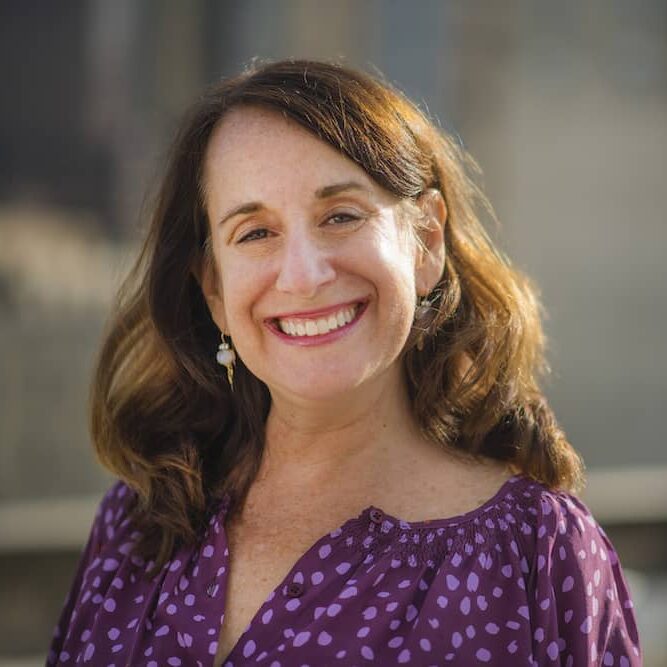Dear reader,
Words generally come easily for me. But I have been struggling for seven months to name how it feels to live through this time.
The pit in my stomach is probably like yours.
It is carved, of course, partly by fear of contracting COVID and of people I love suffering or dying from it alone and out of reach. And it is shaped by anxiety about tomorrow’s election, the potential for a long, disputed outcome and violent unrest one way or another.
The smoke from recent wildfires didn’t help. Nor will the end of daylight savings time and the likelihood of being stuck at home through the darkness and cold under what, at least in these days before the election, most politicians have not mustered the candor to say will soon be a lockdown.
I worry like all parents worry about our kids cooped up indefinitely. I’m freaked by elevators and the sound of ambulances. I hate the idea of having said goodbye to my mom through our masks from beyond arms’ length, as we did on our visit a few weeks ago in Michigan, without a clue when we’ll be back.
I get angry. Like at the man on the plane home who seemed to assume the mask requirement didn’t apply to him. And at a Facebook “friend” named Deb who dog whistles QAnon propaganda almost daily. I hate how much I love to hate this Deb person, going out of my way to read her posts and then rant about them, mainly to my dog.
Nearly every day, I wonder why the Debs of the world don’t shut the hell up. Yet I also wonder why more people aren’t screaming their lungs out. I’ll doom scroll for days, then ignore the news – which is no small thing for a journalist to admit during what may be the biggest news week of our lifetimes. Then, I’m back to my doom scrolling, as if uncontrollably, like the way I’m eating through most of the Halloween variety pack we bought, but for which nobody rang our doorbell.
I am at once tired yet restless, numb yet irritable. I am sick of my thoughts and pretty much everyone else’s. This third wave, this election tsunami, this torrent of gut-pitting developments are no longer novel. They’re already old news.
Which is why I was struck last week by an article a friend shared about a word I had never heard: acedia. It means a lack of care stemming from dejection, a spiritual gutting that creeps toward depression, but without the genetic, neurological or biochemical implications. Author Jonathan Zecher, a researcher at Australian Catholic University, argues the term encapsulates the mix of fear, uncertainty, listlessness and loneliness of this time.
Saying “I’m feeling acedia” could legitimize those feelings “as valid emotions in our current context without inducing guilt that others have things worse,” Zecher writes. More importantly, he argues, “the feelings associated with physical isolation are exacerbated by emotional isolation – that terrible sense that this thing I feel is mine alone.”
The beauty of words is that they connect us.
Maybe there is comfort in knowing that, regardless of our political totems or stances on the pandemic, most of us are beset with this acedia thing right now.
Maybe there’s something transcendent in realizing that almost everyone is on edge as U.S. COVID cases continue shattering global records, and on this eve of the ugliest and perhaps most defining election in our history.
In the stress and physical isolation of this moment, maybe we cannot see that, at least since the Great Depression and sacrifices of World War II, there has not been a time when we as Americans have shared an experience so intensely or when we as humans have faced a crisis so universal.
Maybe when all is said and done, once this acedia is behind us – fingers crossed – we will look back and see we were in our loneliness together.

Susan Greene
This post was sent as a letter to our email subscribers on Monday, Nov. 2, 2020. Join our email list to learn more about COLab and the work we are doing.




